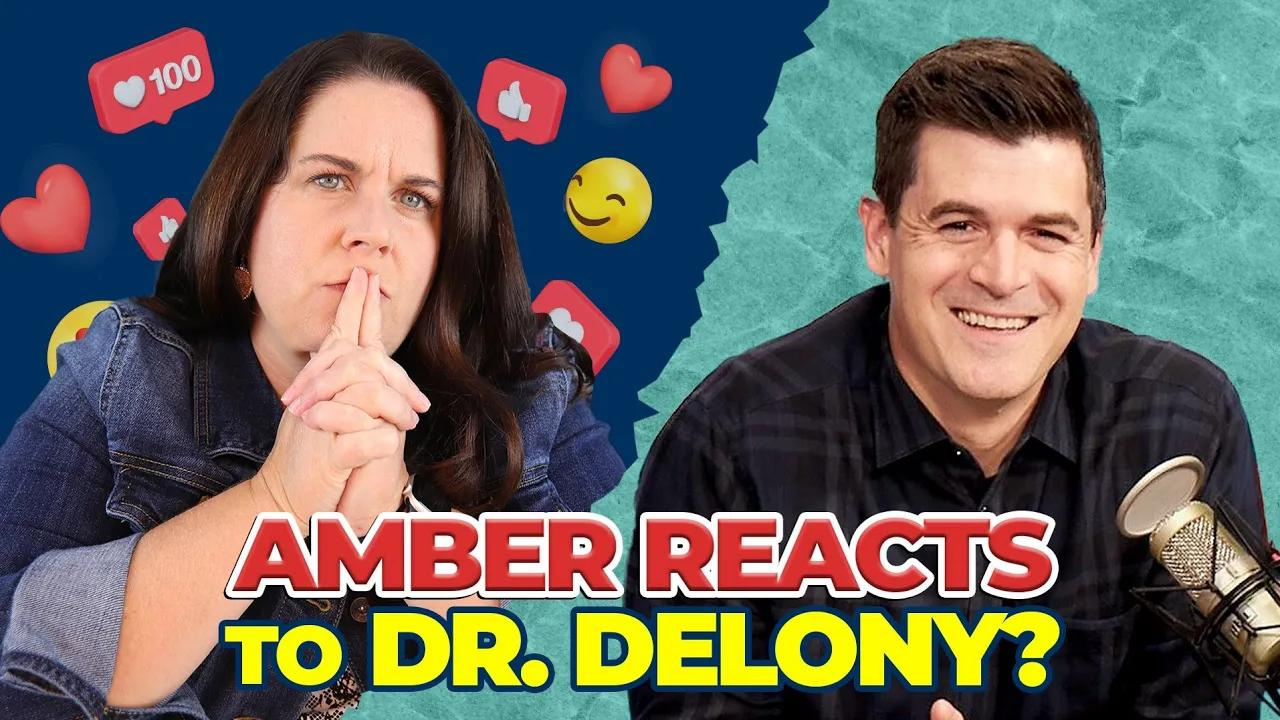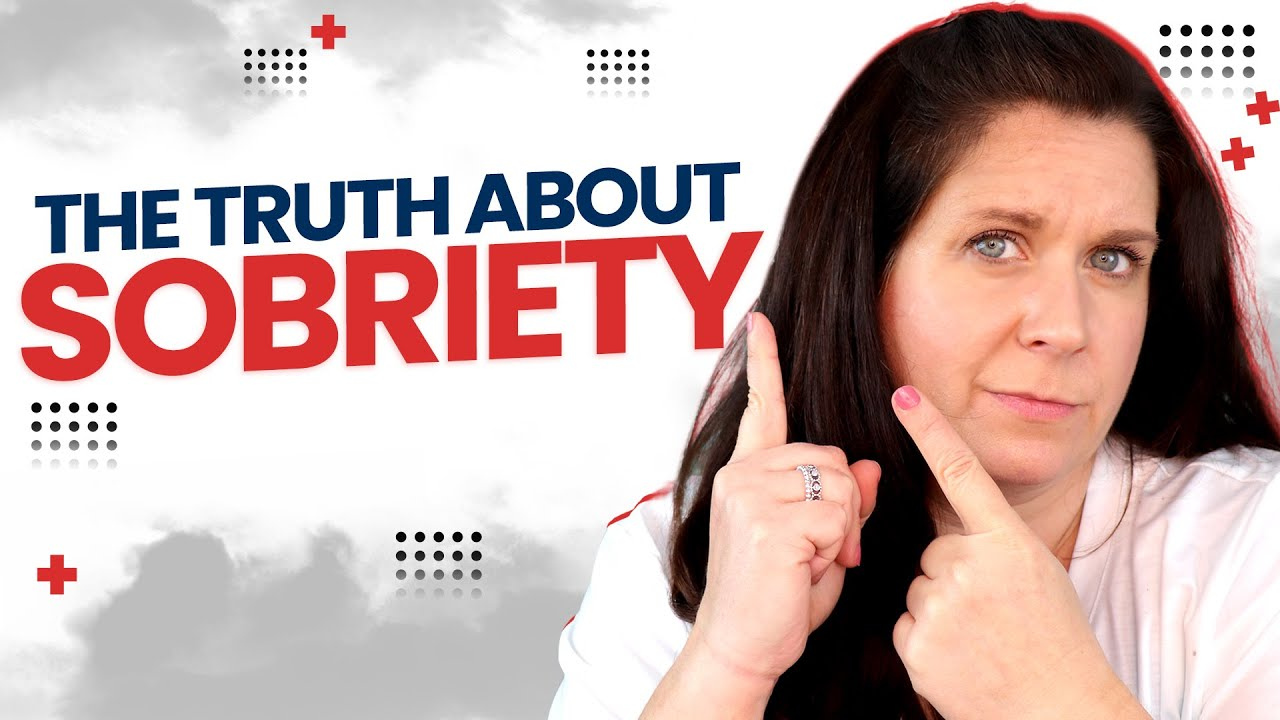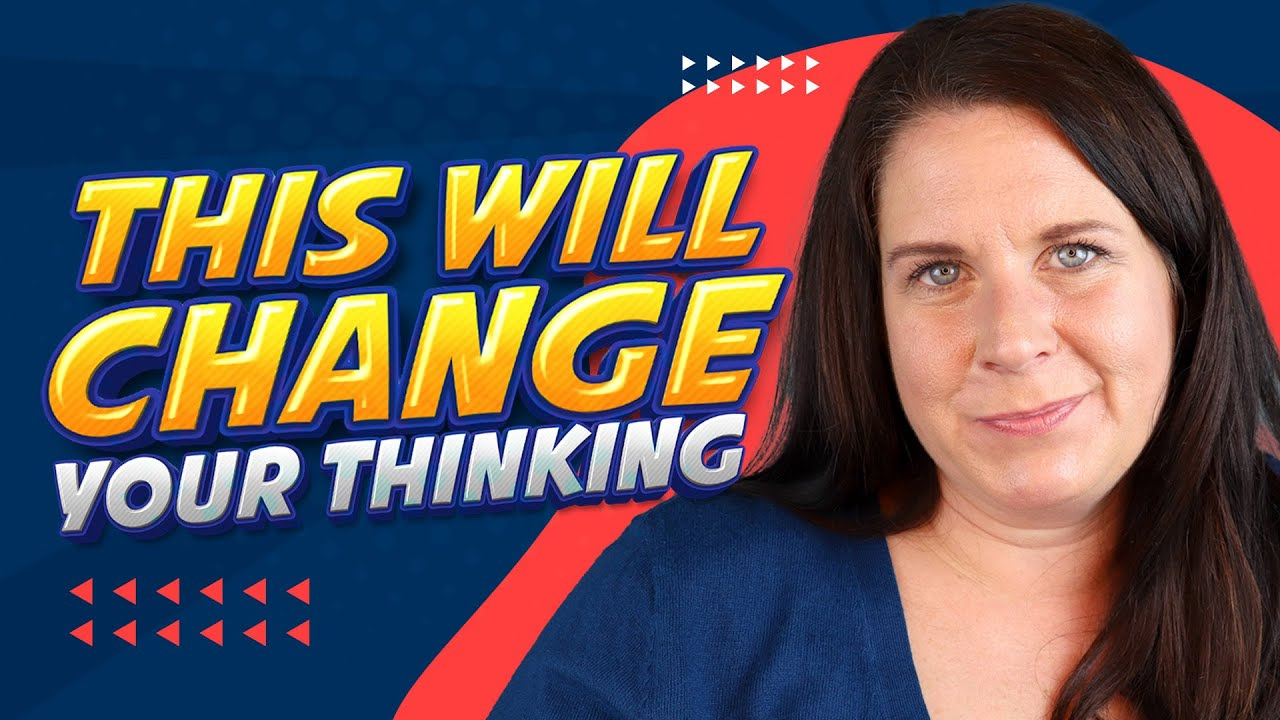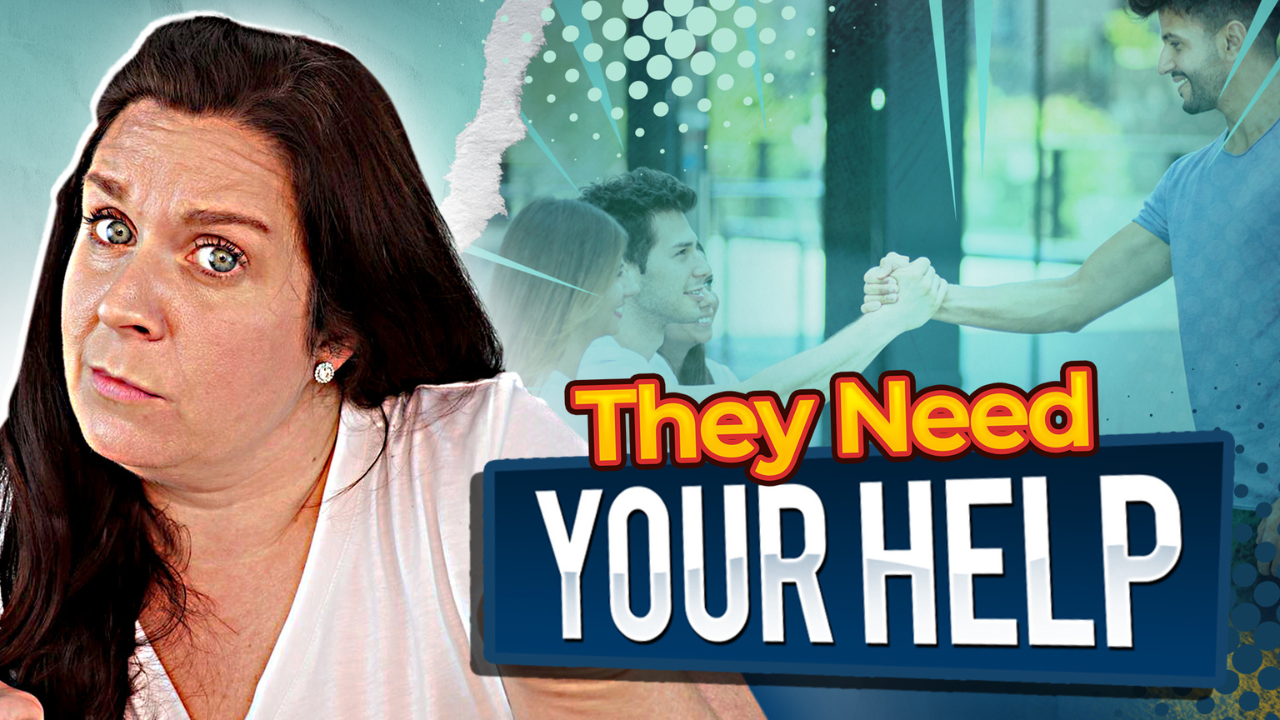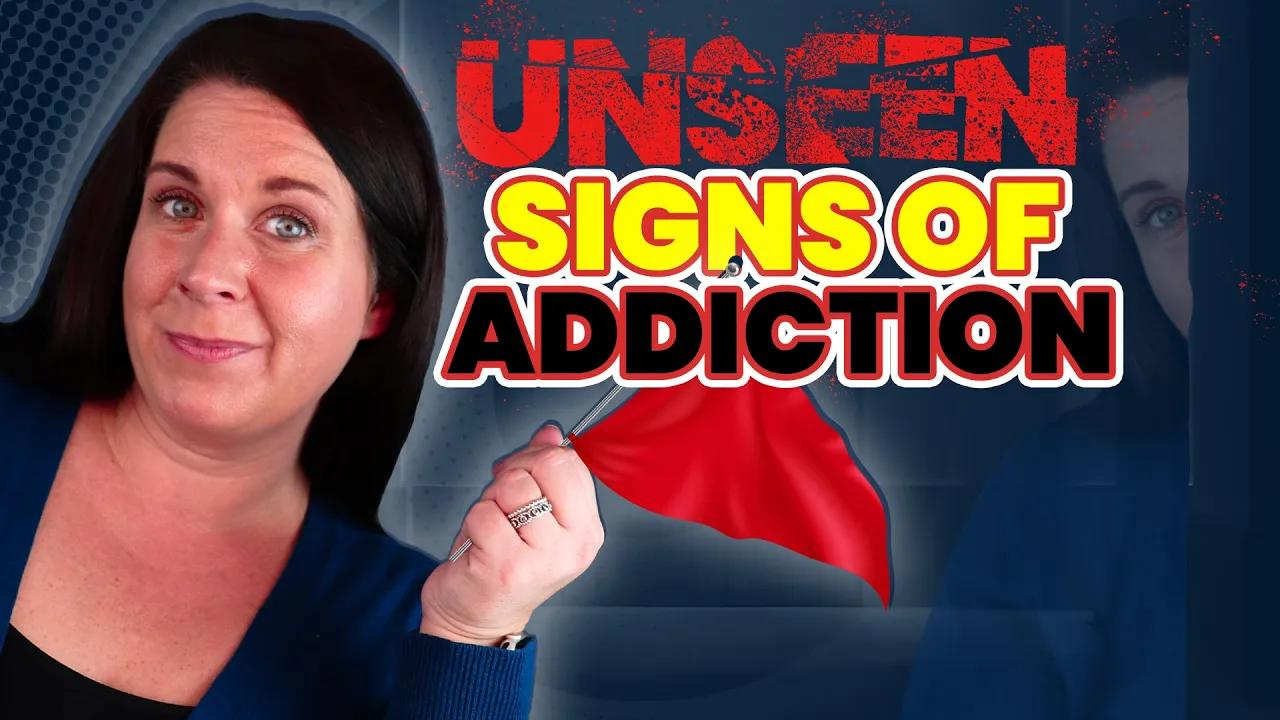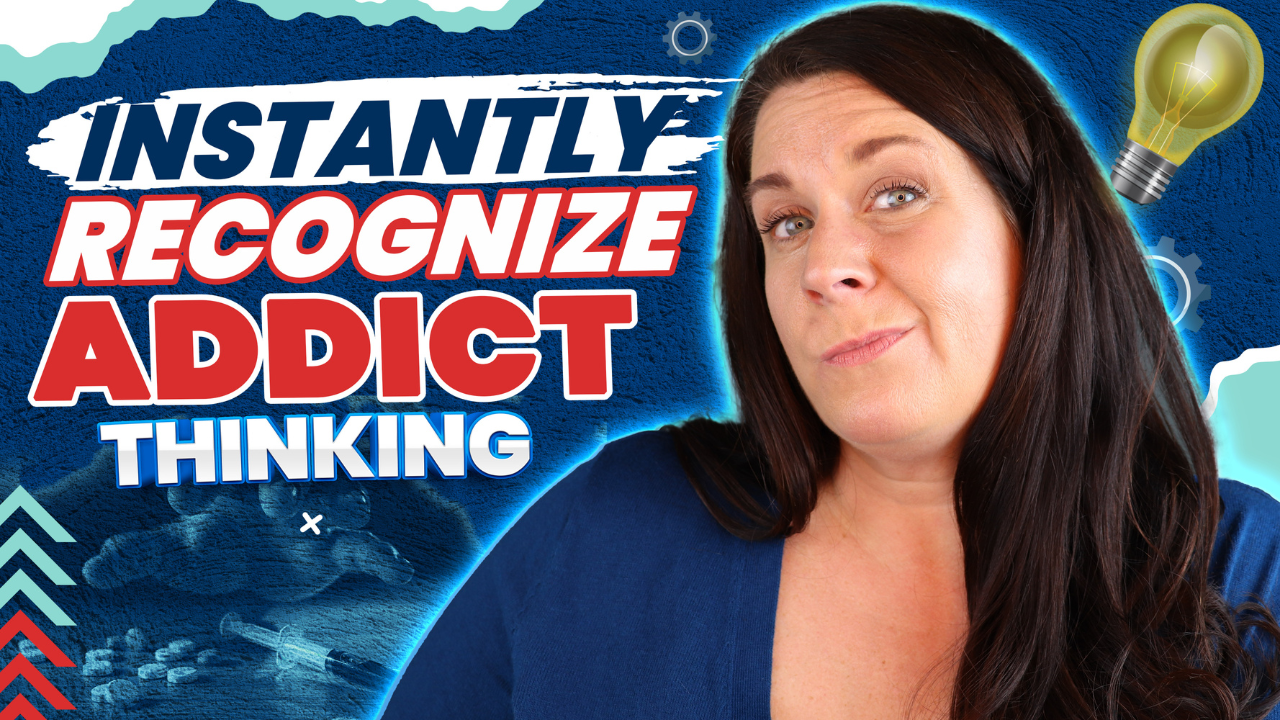Confronting the Battle Within: Living with an Alcoholic Spouse
Navigating an Alcoholic Marriage: Strategies for Survival and Recovery
Discovering your spouse's alcoholism can be overwhelming. In this blog, we explore practical tips to navigate this challenging situation, focusing on emotional well-being, financial preparedness, and maintaining a sense of normalcy.
-
Regaining Control of Your Emotions:
- Emphasize the importance of taking charge of your emotions.
- Break free from the cycle of fear and obsession by making calm, collected decisions.
- Stop the constant checking, snooping, and questioning to regain emotional stability.
-
Financial Protections:
- Acknowledge the possibility of an uncertain outcome and prepare accordingly.
- Establish financial independence to ensure you can support yourself if needed.
- Create a safety net by having a plan, whether a side hustle or support from friends.
-
Maintaining a Life Outside the Problem:
- Reconnect with hobbies, interests, and social circles that don't revolve around the issue.
Amber Reacts to Dr. Delony's Life-Changing Advice
Navigating the Complexities of Addiction: A Deep Dive into Dr. Deloney's Advice
In a recent episode of the Dr. Deloney Show, the host tackled a deeply personal and challenging situation: a man struggling with alcohol addiction, which had led to the breakdown of his marriage. As we delve into the conversation, we witness Dr. Deloney's skillful navigation through the layers of addiction, offering insights, empathy, and practical advice.
The Beginning: A Story of Struggle
The caller begins by sharing his journey, highlighting key events such as an alcohol withdrawal seizure and the passing of his grandfather. Dr. Deloney keenly observes the conflicting messages – the acknowledgment of a severe drinking problem contrasted with the belief that legal troubles don't validate the severity of the issue.
Identifying Patterns: Unraveling the Cycle
As the caller recounts his attempts at recovery – from treatment in California to involvement in recovery programs with his wife – Dr. Deloney d...
What Really Happens When You Stop Drinking Alcohol
What to Expect When You Quit Drinking: A Realistic Guide
We're diving into a topic that's close to my heart – quitting alcohol. If you've been contemplating giving up alcohol and are wondering what to expect, you're in the right place. It's a significant decision, and I want to give you a realistic perspective on this journey.
1. The Fear of Boredom:
One of the most common concerns people have when considering quitting alcohol is the fear that life will become boring and uneventful. After years of relying on alcohol to find joy and happiness, the prospect of living without it can be daunting. But here's the truth – quitting alcohol often leads to regaining the ability to experience genuine joy and pleasure. Alcohol may have been the very reason your life felt mundane in the first place.
2. The Fear of Missing Out:
Another common worry is the fear of missing out on social events and activities. While it's true that your interests and preferences might change, and you may no longer en...
Overcoming Reluctance: Finding the Courage to Get Sober
Finding Motivation to Overcome Addiction: It's Not Always About Wanting to Change
You know how we often hear people say, "I decided to quit because I didn't want it anymore," or "I just decided to change." Well, let me tell you, that's not always how it goes down when it comes to overcoming addictive behaviors. As someone who has been on the front lines of this issue for a long time, I can confidently say that most individuals choose to change their addictive behavior not because they suddenly stop liking it but because they find themselves in a difficult situation. The consequences of not changing become greater than the consequences of changing. In this blog post, I'm going to delve into the nature of addiction and how you can motivate yourself to make a change, even when it feels like you're not ready.
Understanding Addiction:
Addiction is a complex beast. We're drawn to it because, at some point, it served a purpose in our lives. It offered something positive, even if temporaril...
Need to give up alcohol (or drugs), but don't want to?
The Power of Family in Helping an Alcoholic Loved One
The common narrative surrounding alcoholism is that nothing can be done to help an alcoholic until they decide to stop drinking. This belief is echoed by many treatment providers and centers, creating a sense of helplessness among family members. However, it's time to challenge this notion. As someone with 20 years of experience as an addiction counselor, I firmly believe that family members significantly influence their loved one's journey toward sobriety. In this blog post, we will explore why family members have such a crucial role and how they can effectively use their influence.
The Disconnect Between Treatment Providers and Families
In addiction treatment, a disconnect often exists between treatment providers and the families of those struggling with addiction. This divide can be attributed to several factors:
1. Overwhelming Pressure: Family members frequently inundate addiction treatment providers with phone calls deta...
3 Telltale Signs Someone is Serious About Beating Addiction

Signs of a Successful Recovery Journey: Insights from a 20-Year Addiction Counselor
Addiction is a complex and challenging battle, but it's also a battle that can be won. If you or someone you know is struggling with addiction, you're not alone in this journey. There are clear signs that can indicate not only a commitment to recovery but also a high likelihood of success. Amber Hollingsworth, a seasoned addiction counselor with over 20 years of experience, has identified three powerful signs that someone is ready to overcome addiction and embark on a successful recovery journey.
1. No Minimizing the Problem:
The first crucial sign that someone is serious about their recovery is their willingness to acknowledge the severity of their addiction. Some individuals may downplay their addiction, using phrases like "I don't have a problem" or "It's not really impacting my life that badly." While others may recognize their addiction, they still engage in subtle minimizing behaviors.
Amber...
3 Subtle Signs Of Addiction You May Not See
Recognizing the Early Signs of Addiction: Sheila's Story
Introduction: Addiction is a silent and insidious force that can creep into anyone's life, often unnoticed until it's too late. Most people don't realize they're addicted until they reach a point where they desperately want to stop but can't. In this blog post, we will delve into the story of Sheila, a client whose journey through addiction illustrates the importance of recognizing warning signs early on. Sheila's experience serves as a powerful reminder that addiction can affect anyone, regardless of their background or circumstances.
Sheila's Journey:
Sheila, as we'll call her, initially lived a relatively normal life. Like many people, she enjoyed a glass of wine in the evenings to unwind and relax, especially after her three young kids had gone to bed. This practice seemed harmless and even sophisticated, but it was the beginning of her descent into addiction.
The Unforeseen Challenges:
Sheila's life took an unexpected...
Cracking The Code: How to Identify Addict Thinking in Less Than 3 Seconds
Recognizing Addictive Thinking Patterns for Better Decision-Making
We all have moments when we contemplate making choices that may not be in our best interest. These thoughts, especially when they revolve around addictive behaviors, can be destructive. In this blog post, we'll explore how to instantly recognize addictive thinking patterns because once you can identify them, you can start making healthier choices.
Addictive Thinking Patterns
1. **Secretive Thoughts:** One of the clearest signs of addictive thinking is when you find yourself contemplating a thought or behavior that you wouldn't want to share with others, especially a counselor. This secrecy often precedes a bad decision.
2. **Feelings of Deprivation:** When you start feeling deprived and resentful about not being able to engage in certain behaviors that you believe others can, you're on the brink of a relapse. These thoughts are rationalizations, and they can lead you down a dangerous path.
3. **Believing in a Fal...



